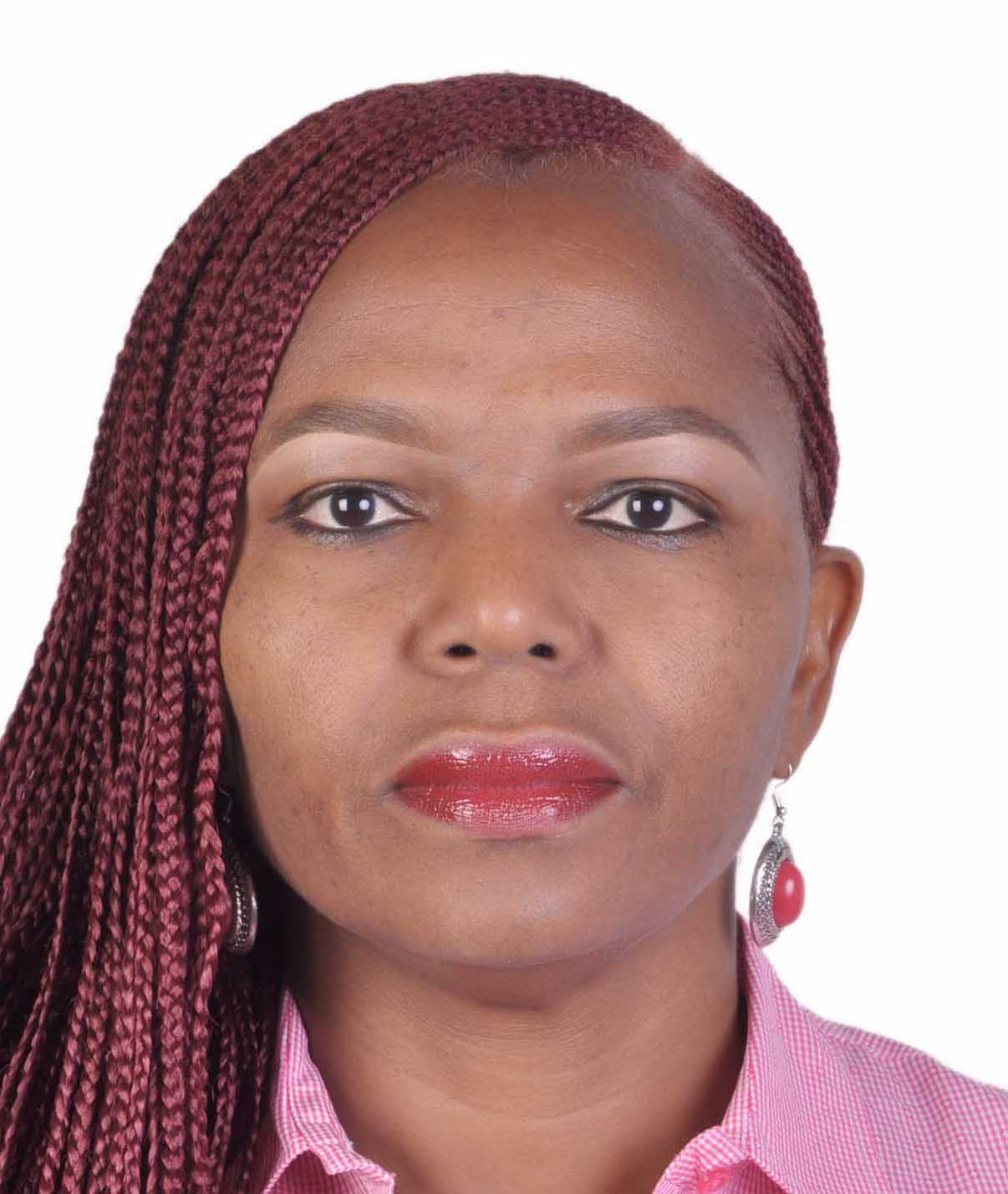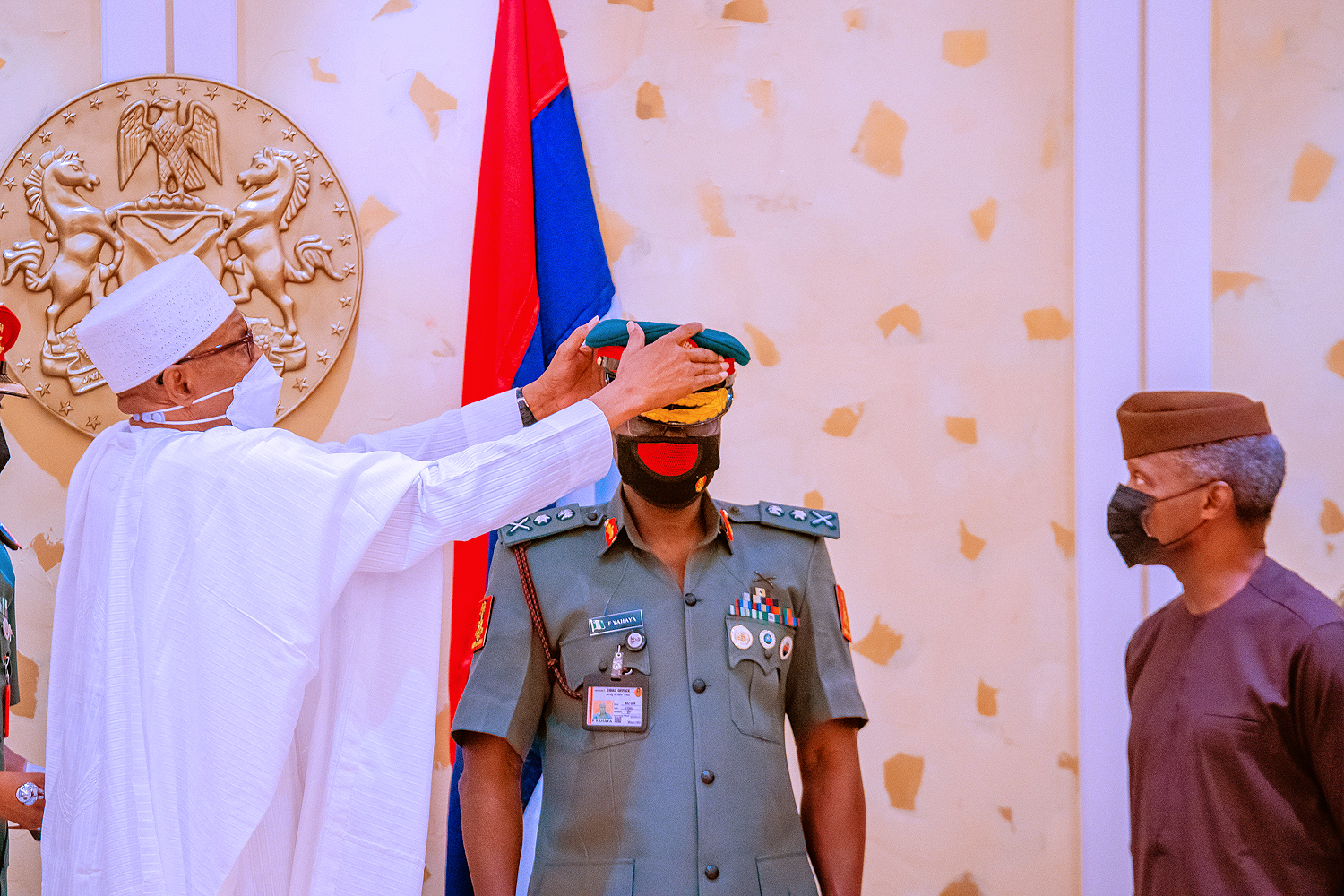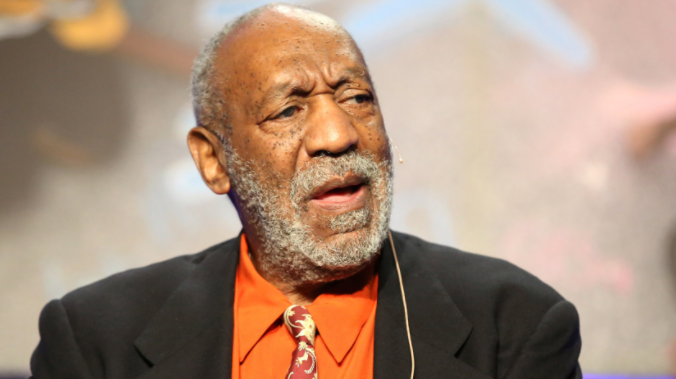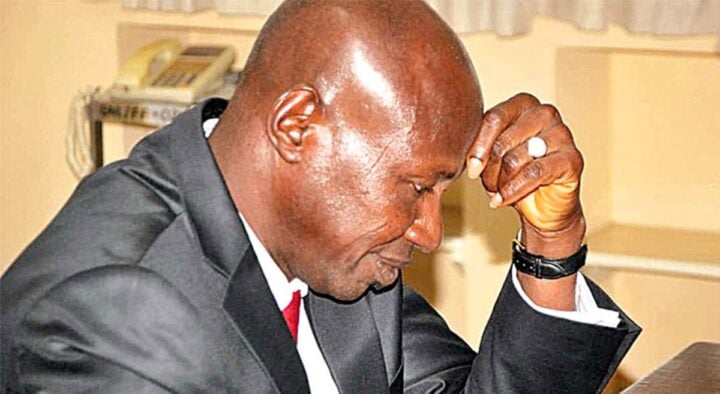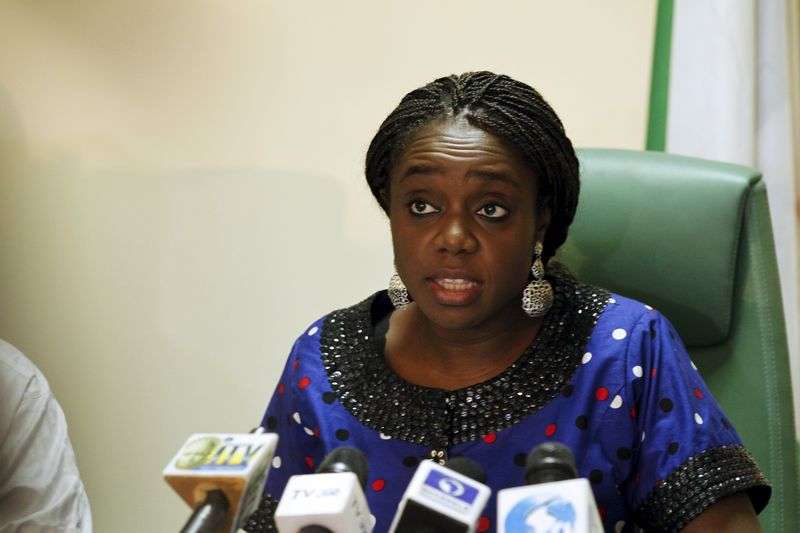Consider this a public service, my little contribution and a timely reminder to parents and guardians as the long holidays are upon us. If you’ve followed this column for any length of time, you may remember that this is what I usually ask parents and guardians during the summer holidays. Although, the flipside of the above headline could be: “Do you know what your kids are watching/And do you really care?” This is because of the fact that we can’t and shouldn’t take it for granted that some parents care about these things.
Speaking of the July break, summer break or third term holidays. We used to call them long vac or long hols. Even though I’m not so familiar with the secondary school calendar nowadays, I reckon that the (relatively) long school break is bound to happen sometime in July. This is when kids in primary and secondary schools stay home for a long stretch-two months-if they’re lucky. This is also the time those who can afford it begin the summer vacation exodus. Although with the Nigerian economy where it is, plus COVID-19 travel restrictions, I’m not sure how many people outside of the Dauras can currently afford what used to be an annual ‘pilgrimage’ abroad for summer holidays. But then again, some in the government may actually count this inability of many to afford to travel as proof of the success of their much-touted war against corruption. But I digress.
The point of this is to remind parents, especially parents of underage children-preferably below teenage years to keep an eye on what their young children are watching. It’s a tough job keeping children occupied and entertained for any stretch of time and doing that over the long vacation period can’t be easy but try parents must. It’s my belief that if the work is done right at this stage when the kids are much younger, parents can then trust that their children know the right thing to do even when alone. This of course means that parents themselves know the right thing, yes? The first place to start is to follow the rating from the programmes themselves. As I always say, the rating on the top left or top right of the screen is not graphic design on the screen to add to its visual attractiveness: It’s meant to serve as guidance as to who can watch what programme.
The critical questions are: Do you know what your children are watching? If yes, are they watching programmes/films/shows appropriate for their ages? And what’s appropriate, you may ask. As I mentioned earlier, the first place to begin is the age ratings as determined by the programme producers. Now, you’re free to determine what works for your children. I didn’t take the advised ratings hook, line and sinker. Back in the day, a programme might have a 10+ rating but I wouldn’t allow my 12 or 13-year-old child to watch it. Just because, the culture from where most of these programmes are produced is quite different from ours. What’s more, being parents give us the latitude and freedom to determine how we choose to shape our families.
Advertisement
Nonetheless, even as parents have the right and freedom to decide for their children, they must still draw a line somewhere. For instance, season 6 of the Big Brother Naija show is about to begin. It clearly has an 18+ rating. But there are going to be parents who, for all kinds of wonderful reasons, will find themselves watching the show with their children that are well under 18. There are also parents who’ll introduce their children to what I call BBN-lite: the eviction shows, the daily highlights, etc. What do you expect then to happen after piquing your children’s interests?
Still, the first step is to be familiar with what your children are watching. Unfortunately, keeping up with what they are watching has become even more difficult because nowadays, the television has moved from the good old box in the living room to all kinds of devices at kids’ fingertips. The typical Nigerian parent, especially those who want to show they’ve ‘arrived,’ buys the latest of gadgets for their children and the gadgets are becoming super-advanced. So, in addition to knowing the content of what your children are watching on TV, add iPads, smartphones, laptops, etc.
It is almost impossible to monitor children except for parents who are hands-on and began the ‘work’ when their children were much younger. These kinds of children will have a foundation to stand on. This way, it becomes easier to carry them along. As clichéic and Nigerianese as that sounds, it simply means letting the kids know the risks involved in watching certain programmes, etc. Even if and when they watch the ‘wrong’ programme, they’re able to return to something they were taught much earlier in their lives.
Advertisement
By the way, the conversation should be ongoing. It actually helps to begin this conversation/negotiation as early as possible. For instance, when my kids were very young, it was a simple case of telling them certain programmes, musical videos, etc. were bad. As they grew older, that wasn’t a good enough reason. The inevitable question to almost anything became “Why?” and just saying “because it’s bad” or “because Mummy says so” wasn’t going to cut it. Now, as teenagers and young women trying to live right and thanks to a good church, we can talk about certain programmes not portraying women well, not for good Christians, etc. Throw in topics about race, patriarchy…Phew! After all’s said, parents should also entrust some of the responsibility ability-to do the right thing to their children.
As advanced as this might sound to someone with very young children, all you have to do is start, get hands-on. You can use whatever argument/explanation works but. I wouldn’t encourage using force or any type of physical abuse. However, the idea is that you’re not helpless and should not be a hapless receptor of garbage disguised as entertainment.
Onoshe Nwabuikwu, AIRTIME columnist is a renowned TV/Film critic, and Film scholar. She also has experience in Advertising as a senior Copywriter and Corporate Communications as Communications consultant
Advertisement
Add a comment
